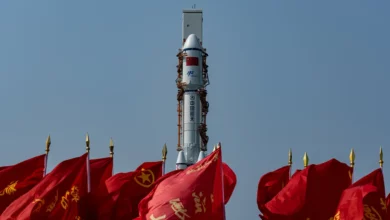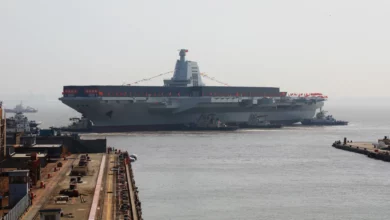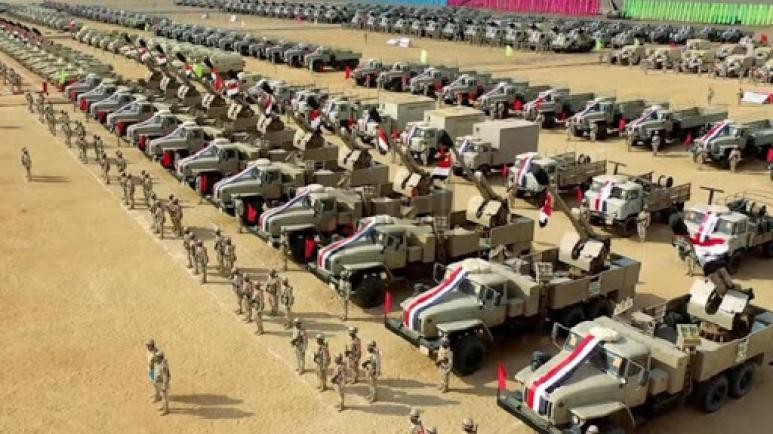An Egyptian military court began hearings in the case of eight workers at the Helwan for Engineering Industries on Sunday. The case was postponed till Wednesday.
A late July explosion in the Helwan factory stirred the workers to action. Days later, a hydrogen cylinder explosion in the factory took the life of a worker. Fellow workers protested but the factory’s chairman told them there was nothing he could do.
According to the Egyptian Center for Social and Economic Rights, the eight workers are accused of vandalizing factory properties worth LE162,000, deliberately stopping production, resulting in LE1,300,000 of losses, assaulting the factory chairman, and contacting the Muslim Brotherhood's official website with "secret information."
The factory is set on land owned by the military but regulated by civil labor laws.
“This is a historic event for the Egyptian labor,” said Khaled Ali, head of the center. The last time a worker faced a military trial was in 1952, when two workers from the Delta town of Kafr al-Dawar were sentenced to death for allegedly planning to topple the military regime.
But for Ali, today’s military tribunal is surprising. “It’s true that it’s a military industry factory, but it’s also a civilian association. In the past it used to be called 99 harbi (military factory 99) but now it is the Helwan for Engineering Industries.”
While the police and the military are barred from forming professional syndicates, Ali added, the military industries sector, considered a civilian institution, is an exception.
The factory’s union didn’t publicly express its position with regards to the trial nor could it be reached for comment. Ali and the staff at the center were not permitted to consult the case documents. Nor were they allowed to attend Saturday's investigations.
According to Ali, a civilian court should handle the workers' case since it doesn’t include infringements on the military establishment, but is rather an internal dispute within the factory.
Following the workers’ protests, Minister of Military Production Sayed Meshaal pledged to dismiss Mohamed Amin, the factory chairman, and to compensate the deceased worker’s family with LE50,000. Moreover, in what was perceived as an act of appeasement, temporary workers were granted permanent contracts and casual day laborers were given temporary contracts. The factory’s labor force, however, did not anticipate the military tribunal.
“We worry that there will be a quick ruling since everything is happening fast,” said Ali.
For analysts, the current case is viewed as a setback from the usually tolerated labor protests. Analysts consider that standard tolerance a regime strategy to neutralize the labor movement and limit its political development.
Industrial safety is usually managed by the Ministry of Interior, the Civil Defense and the Ministry of Manpower.
"The problem is not with the industrial safety regulations, but with the implementation," says Fatemah Ramadan, a labor activist with the Tadamon Group. "Inspection campaigns usually amount to no real actions or penalties."
Safety inspections in military industries, Ramadan added, do not fall under the jurisdiction of the Ministry of Manpower.
Military tribunals' verdicts can be appealed through high military appeals courts.
Military production kicked off in Egypt with the July 1952 revolution as the state, in an attempt to attain self-sufficiency, embarked on a full-fledged process of industrialization. The military industries sector shifted gears to civilian production in the 1970s.




